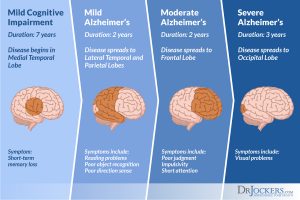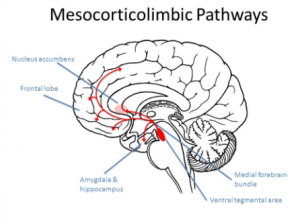Alzheimer’s is a disease that has been distraught on families for decades. It starts by damaging the brain cells, eventually killing them off, and causing dementia (memory loss) as a result. Current medical resources can slow down symptoms but no cure has been found yet.

Source: https://drjockers.com/alzheimers-disease/
Recent research that points to decreasing levels of steroids in the brain (neurosteroids) and the risk of Alzheimer’s with increasing age suggests that Alzheimer’s might be related to the decreasing neurosteroids. In response to this, Dr. Daniel Tobiansky has found that the brain likely produces its own testosterone, and testosterone has been found to decrease inflammation of cells in male rat brains.
The Research of Dr. Daniel Tobiansky:
The human brain has always been thought to be a passive recipient of steroids such as testosterone and estrogen from our body. However, researchers may have found recent evidence that suggests otherwise. In particular, Daniel Tobiansky, a postgraduate doctoral fellow at the University of British Columbia performed an experiment, with gonadectomized (removal of testes or ovaries) rodents to observe the difference in sex-steroid levels of the brain in contrast to the control animals (not gonadectomized). If the brain indeed does not produce its own steroids, then, control animals should observe regular levels of steroids in the blood while others have none due to the lack of sexual organs.
What They Found:
The results of the experiment came just as hypothesized, with no signs of testosterone in the blood. Interestingly, parts of the brain such as the mesocorticolimbic system that functions as the “reward system” of the body, were found to have the same levels testosterone as it was in the control animals. This incredible in the context that further understandings to this simple discovery that the brain produces its own steroids can suggest potential cures to diseases and disorders such as depression and Alzheimer’s.

Source: https://slideplayer.com/slide/5724554/

Conclusion:
There is currently strong evidence suggesting that brain damage is related to the regression of neurosteroids. If Alzheimer’s is indeed associated with decreasing neurosteroid levels in the brain, then ramping up those steroid levels might help with slowing down the disease or even curing it.
